It’s now clear that the Trump White House had plotted to line up so many objectors in Congress on January 6, 2021 that the actual electoral counting would be delayed by more than a day, presumably to give enough time for state legislators sympathetic to Trump to seek to invalidate their slates of electors and throw the election into chaos. This strategy was highlighted by a call made by Rudy Giuliani intended for Trump ally Sen. Tommy Tuberville but, in his typical incompetent fashion, Giuliani instead left a voicemail with a different senator who promptly forwarded it to the press. The call occurred at 7 p.m. as the chaos at the Capitol was finally beginning to subside and Congress was seeking to reconvene.
Giuliani said as follows:
“I want to discuss with you how they’re trying to rush this hearing and how we need you, our Republican friends, to try to just slow it down so we can get these legislatures to get more information to you. And I know they’re reconvening at 8 tonight, but it ... the only strategy we can follow is to object to numerous states and raise issues so that we get ourselves into tomorrow—ideally until the end of tomorrow. I know McConnell is doing everything he can to rush it, which is kind of a kick in the head because it’s one thing to oppose us, it’s another thing not to give us a fair opportunity to contest it.”
Here’s the puzzling thing: Like so many wild schemes of the former administration, this strategy makes no sense on its face. The Electoral Counting Act, in which the process for determining who is president is set out procedurally, simply doesn’t allow for take-backsies. On the contrary, the Act specifically provides for a “safe harbor” day for slates of electors that falls a full six days before the Electoral College itself meets in December to cast its votes. That safe harbor provides that if the state has made a “final determination” of any dispute by “judicial or other methods or procedures” pursuant to state law enacted prior to Election Day, then it must be treated as “conclusive” by Congress, meaning it is the slate that governs in the counting of electoral votes under the Act.
Take the real life example of Georgia. On November 20, 2020, that state finally certified its final election results showing Joe Biden had defeated Donald Trump there. Georgia’s top election officials and its governor, Republican Brian Kemp, made the certification personally. This was well before the “safe harbor” deadline of December 8, 2020, which meant that Georgia’s electors had to be treated as conclusive by Congress. The electoral college in 2020 met on December 14, 2020 and added Georgia’s tally to the total for Biden.
Nevertheless, Trump persisted in his quest to get the state somehow to invalidate its own conclusively appointed slate of electors. As late as December 28, 2020, his lackey inside the Justice Department, Jeffrey Clark, was floating the idea of having the Department of Justice announce in a letter that it was investigating “various irregularities” in the election and to urge the state’s legislature to call itself into session if the governor would not do so in order to consider issues “pertaining to Presidential Electors.” When the Department wouldn’t go along with this scheme, Trump reportedly considered putting Clark entirely in charge of the Department, and only a threat of mass leadership resignations stayed his hand. And on December 30, 2020, more than three weeks after the safe harbor date had passed, Trump made his infamous “I need to find 11,780 votes” call to Georgia Secretary of State Brad Raffensperger.
We also now know that Trump-aligned people in Georgia, along with those in several other states, actually created and submitted false electoral slate certificates attesting that they were the rightful electors of the state.
But all these efforts, as well as Giuliani’s last-ditch efforts to delay the Electoral Count, would have never changed the fact that Georgia and other states had already submitted their electoral votes and had them counted by the Electoral College. The whole purpose of having safe harbor clauses and conclusively appointed slates by certain dates is to avoid the possibility of doubt and confusion later. Similarly, the idea that the vice president, who presumably also wants to stay in office, can simply “declare” certain states’ electoral college votes invalid would render the entire point of an election meaningless. That reading of the Electoral Counting Act never would have been the actual intent of its drafters.
The question which arises then is this: If there was no legal path forward for Trump—not in the courts, not in the state legislatures, and not through an unconstitutional power grab by the vice president or any kind of delay in the counting—what was the point of dragging the timeline out at all?
The answer is likely an ominous one, revealed by Trump’s prior, consistent actions. Trump and his allies repeatedly have used false statements combined with the veneer of authority in order to make a fraudulent case to the public. Jeffrey Clark understood this when he drafted the letter to Georgia officials that would have falsely put the imprimatur of the Justice Department on a non-existent investigation. Trump rehearsed this when he asked the new president of Ukraine to publicly support a bogus investigation into his political opponent’s son—the highly corrupt misuse of his office that got him impeached the first time. Trump even brazenly told Justice Department officials to “just say that the election was corrupt” and “leave the rest to me and the R. Congressmen” according to notes by Richard Donoghue, who was in the room. Trump knew that if he could make it seem like there was reason to invalidate the election, even if there was no legal way to do so, that could somehow provide justification, and more importantly opportunity, for him to try to hang on to power.
The Guardian has reported that the January 6 Committee is now looking into whether Trump himself was at the head of a criminal conspiracy to corruptly obstruct Congress in the counting of the electoral votes. Specifically, it’s becoming clearer that the White House, as evidenced by Mark Meadows’s multiple communications, was the central, driving force coordinating the effort among Congressional allies to delay the count. As Trump’s chief of staff, there’s no way Meadows was doing this on his own without instructions from the former president.
It’s not hard from there to imagine a “phase two” with Trump declaring to the nation on January 7th—as he still does from Mar-a-Lago today—that the election was fraudulently stolen. Moreover, he would have added that many GOP state legislatures would soon agree that their states’ votes should not be counted and that, in the absence of a majority of the Electoral College, the outcome must be decided by a vote of the state delegations of the House of Representatives, where Republicans had the advantage.
It’s not hard to imagine because this very process was outlined in the Eastman legal memo that Trump believed set forth his last, best shot as staying in office despite losing the election. It’s also not hard to conclude, because there is no reasonable alternative. As the rioters broke into the Capitol and Trump looked on with glee for 187 minutes, doing nothing to help quell the insurrection despite pleas from his family and his aides, Trump was beyond any reasonable doubt hoping the mob would achieve the very delay and chaos that his Congressional co-conspirators could not.
For more political analysis, check out the Status Kuo newsletter.

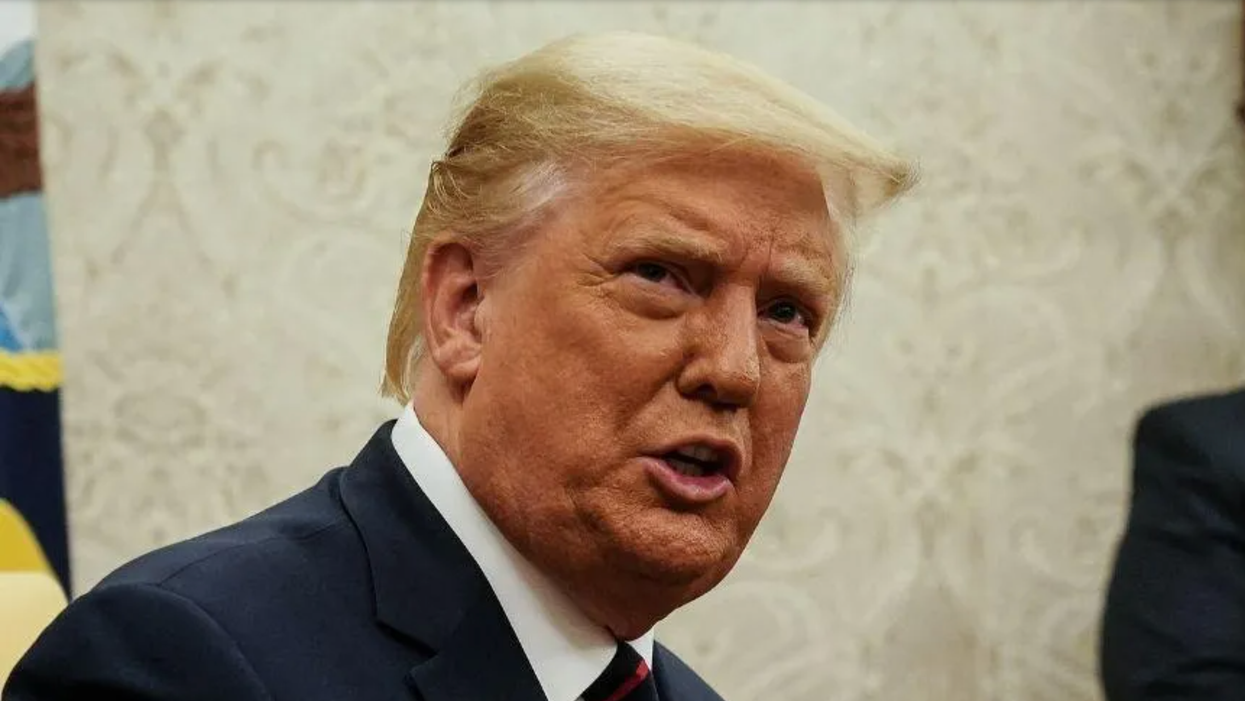

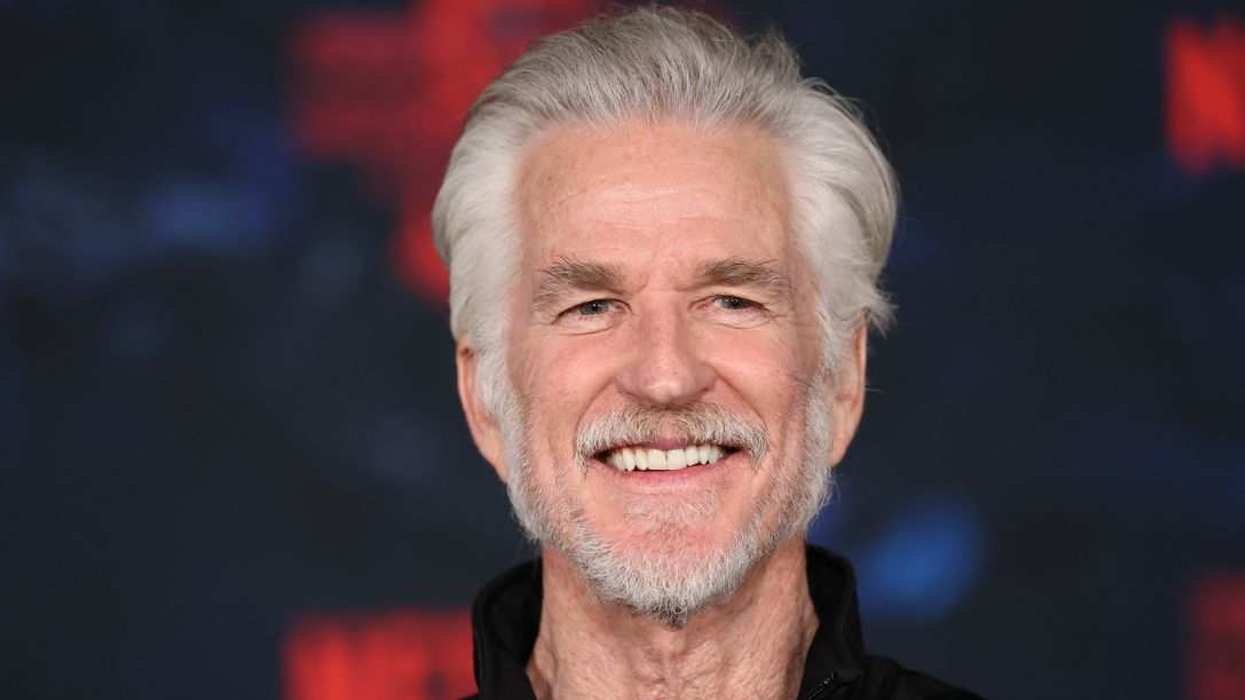

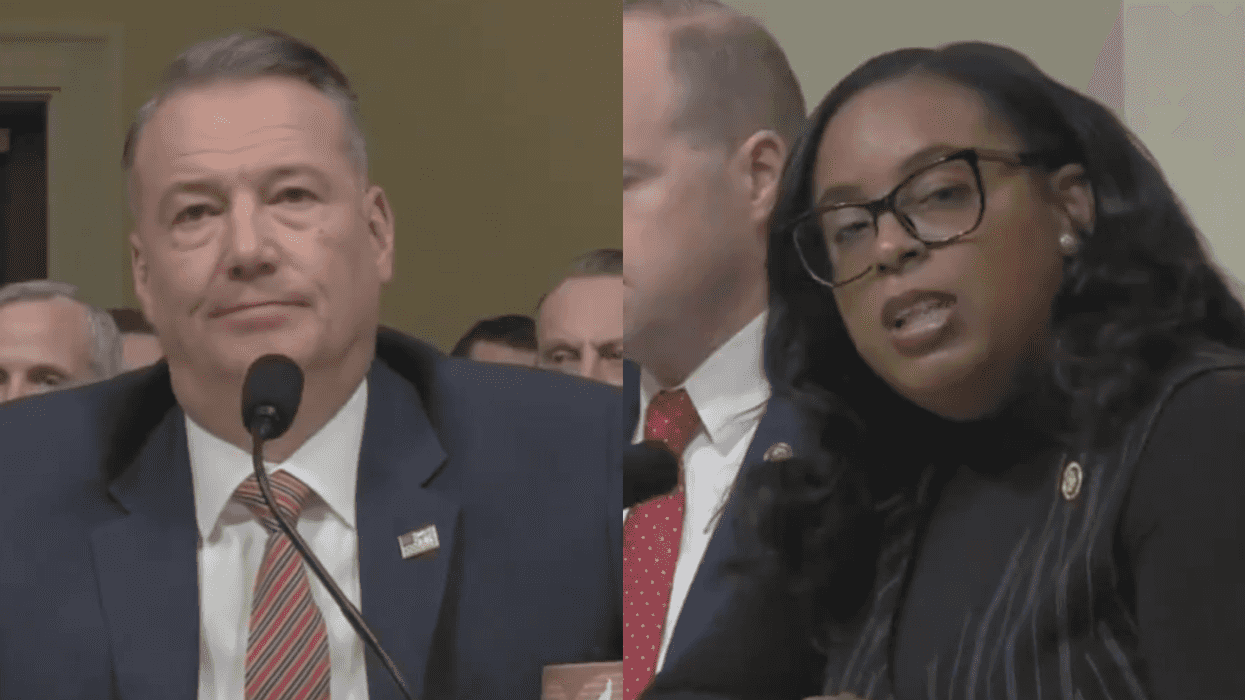

 @frigouscigous/TikTok
@frigouscigous/TikTok @frigouscigous/TikTok
@frigouscigous/TikTok @frigouscigous/TikTok
@frigouscigous/TikTok @frigouscigous/TikTok
@frigouscigous/TikTok @frigouscigous/TikTok
@frigouscigous/TikTok @frigouscigous/TikTok
@frigouscigous/TikTok @frigouscigous/TikTok
@frigouscigous/TikTok @frigouscigous/TikTok
@frigouscigous/TikTok @frigouscigous/TikTok
@frigouscigous/TikTok @frigouscigous/TikTok
@frigouscigous/TikTok @frigouscigous/TikTok
@frigouscigous/TikTok @frigouscigous/TikTok
@frigouscigous/TikTok





 @realDonaldTrump/Truth Social
@realDonaldTrump/Truth Social

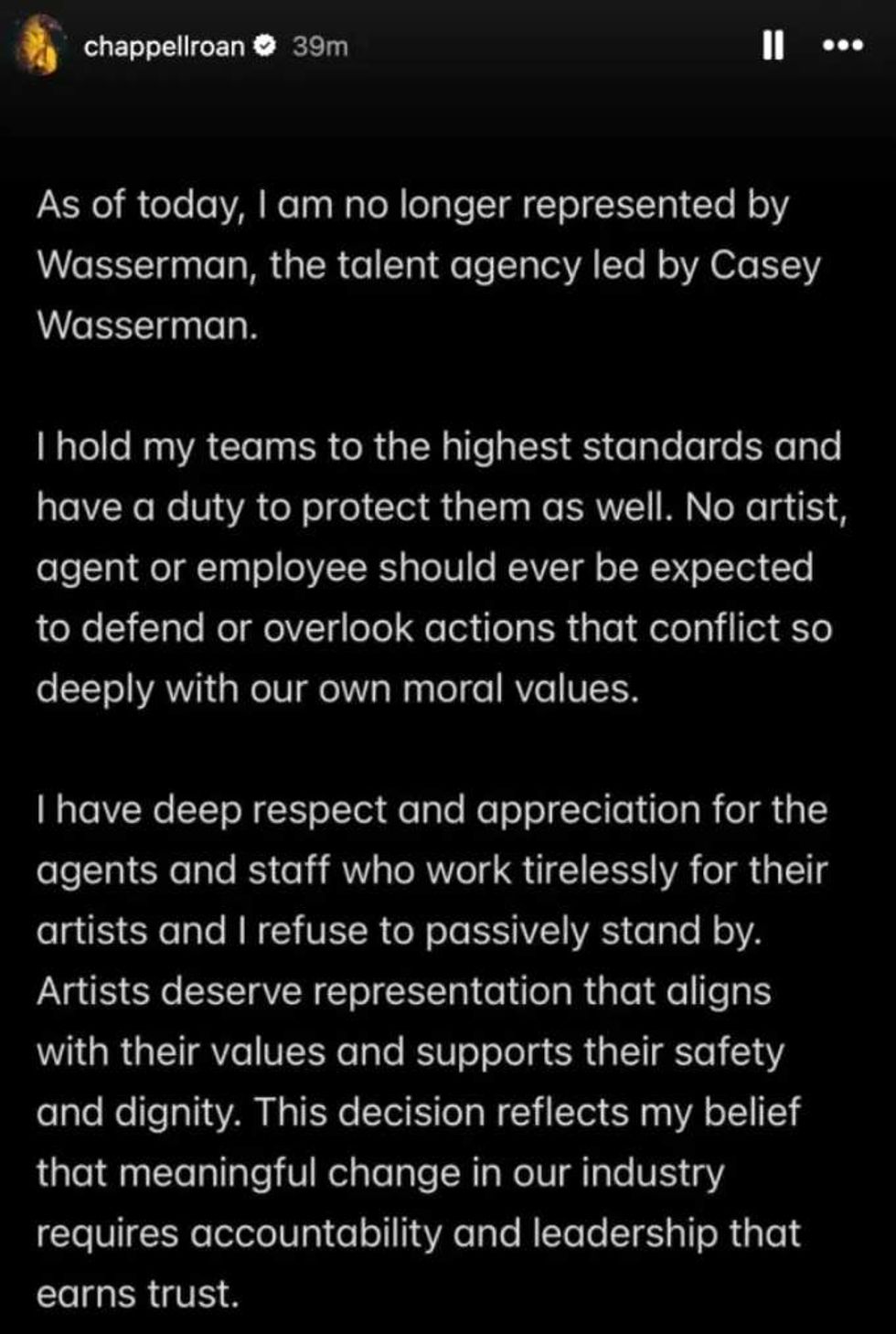 @chappellroan/Instagram
@chappellroan/Instagram r/Fauxmoi/Reddit
r/Fauxmoi/Reddit r/Fauxmoi/Reddit
r/Fauxmoi/Reddit r/Fauxmoi/Reddit
r/Fauxmoi/Reddit r/Fauxmoi/Reddit
r/Fauxmoi/Reddit r/Fauxmoi/Reddit
r/Fauxmoi/Reddit r/Fauxmoi/Reddit
r/Fauxmoi/Reddit r/Fauxmoi/Reddit
r/Fauxmoi/Reddit r/Fauxmoi/Reddit
r/Fauxmoi/Reddit r/Fauxmoi/Reddit
r/Fauxmoi/Reddit r/Fauxmoi/Reddit
r/Fauxmoi/Reddit r/Fauxmoi/Reddit
r/Fauxmoi/Reddit r/Fauxmoi/Reddit
r/Fauxmoi/Reddit r/Fauxmoi/Reddit
r/Fauxmoi/Reddit r/Fauxmoi/Reddit
r/Fauxmoi/Reddit @ANASKHA96399553/X
@ANASKHA96399553/X r/Fauxmoi/Reddit
r/Fauxmoi/Reddit r/Fauxmoi/Reddit
r/Fauxmoi/Reddit r/Fauxmoi/Reddit
r/Fauxmoi/Reddit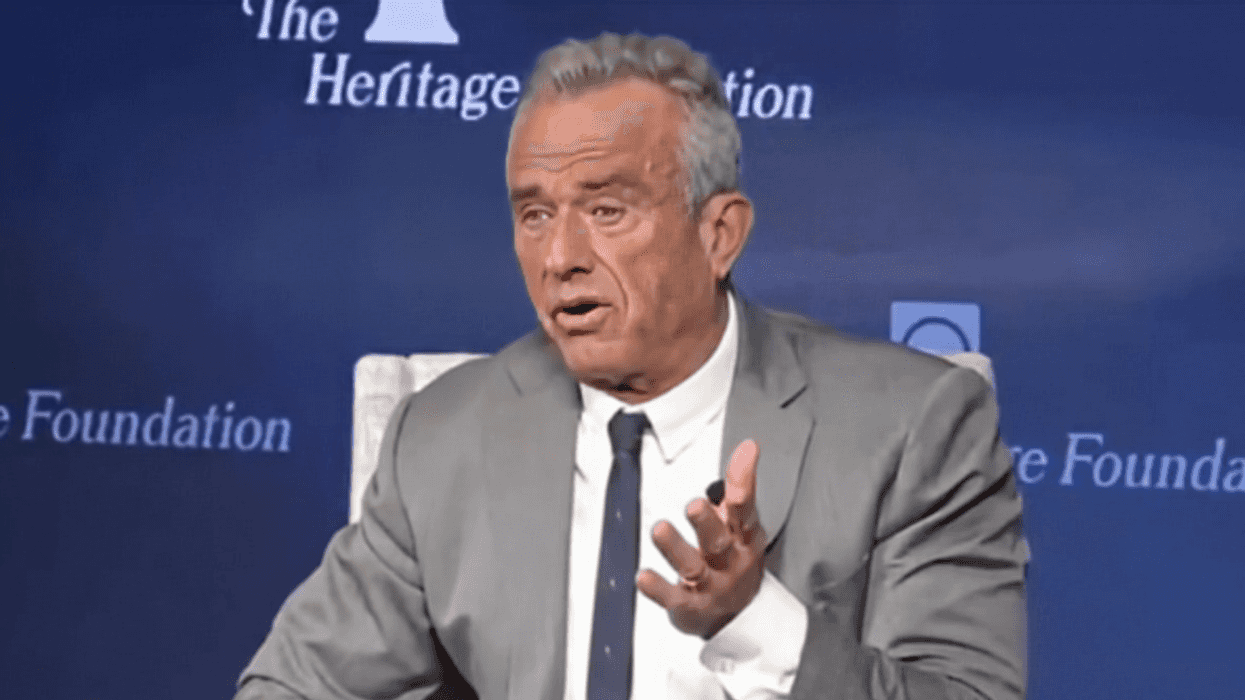
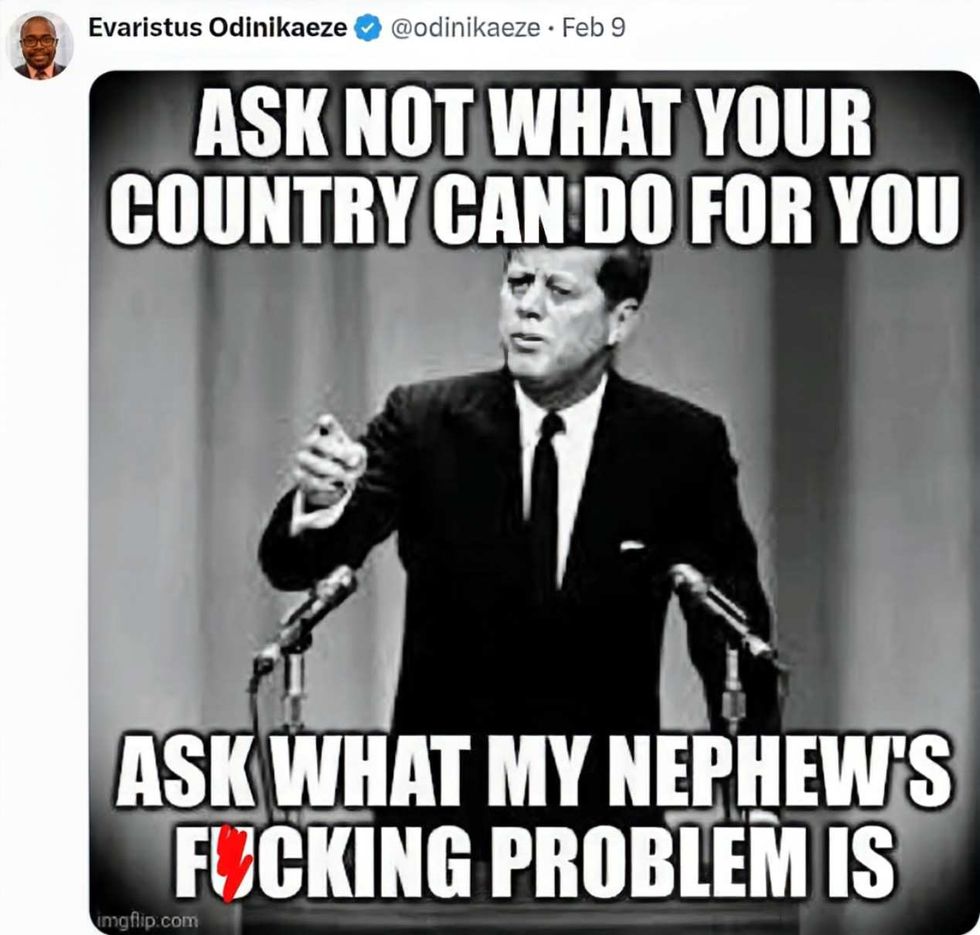 @odinikaeze/X
@odinikaeze/X @OneSixtyToOne/X
@OneSixtyToOne/X @Dazz222/X
@Dazz222/X